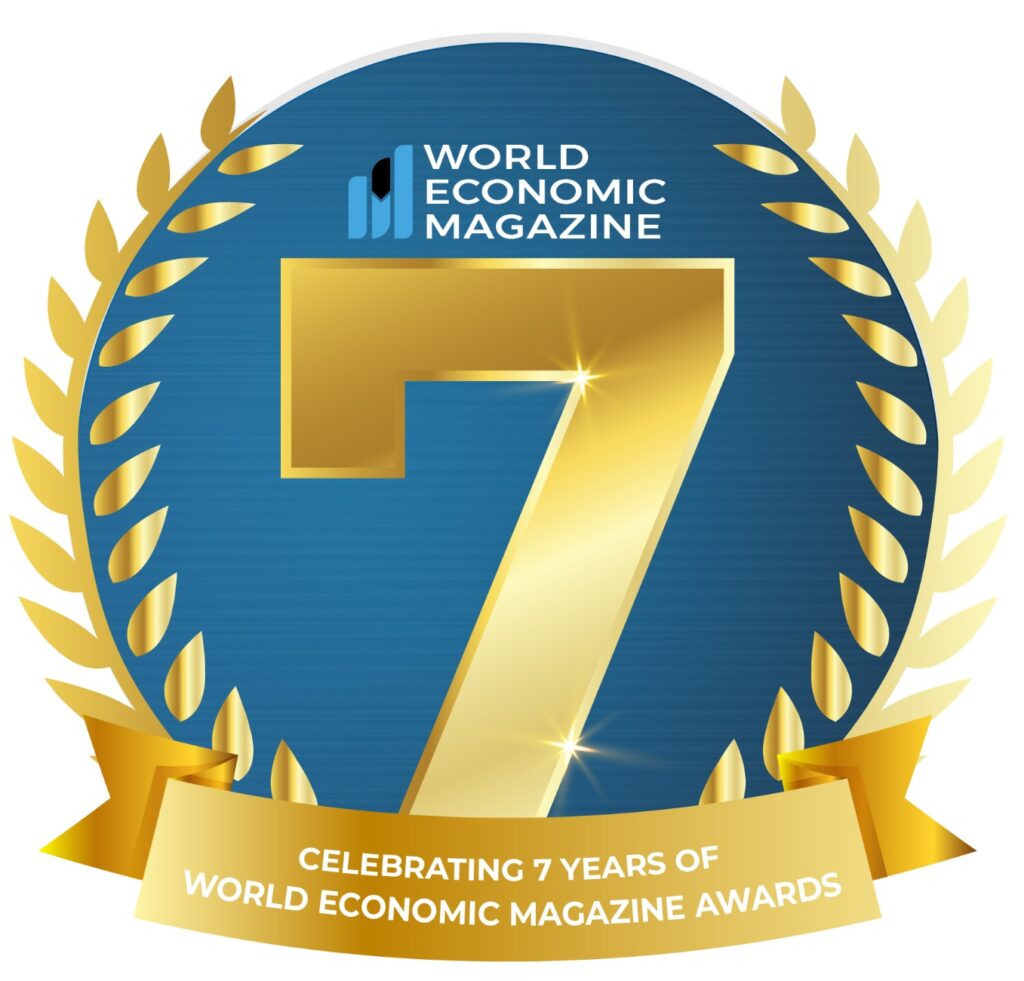
Unicorn Companies in 2025: Rarity, Resilience, and Reinvention
How billion-dollar startups have evolved from mythical creatures to mainstays of global venture capital—and why the next wave may look very different.
When venture capitalist Aileen Lee coined the term “unicorn” in 2013, she was underscoring the sheer improbability of a private startup achieving a $1 billion valuation. Back then, she found just 39 companies in a decade of data that fit the mold. Eleven years later, unicorns are no longer rare sightings—they’re a herd reshaping global markets.
According to PitchBook’s Unicorn Tracker, there are now 1,422 active unicorns worldwide, with a combined valuation of $4.5 trillion and cumulative fundraising of $846 billion. The U.S. alone accounts for more than $2.5 trillion in unicorn value, with two-thirds of all VC-backed market capitalization tied to billion-dollar startups.
But here’s the twist: while the stock of these ventures has grown, the flow of new unicorns has slowed dramatically. The frenzy of 2021, when 629 companies crossed the billion-dollar threshold, has given way to just 103 in 2023 and 102 in 2024 (through November 26).
“The later stages of VC have been the most capital-starved over the past few years,” says Kyle Stanford, lead analyst at PitchBook. “For more companies to reach unicorn status, we’ll need renewed activity from crossover investors—and healthier IPO and M&A markets.”
Staying Private, Staying Big
One of the most striking trends is how long these ventures are staying private. The classic 10-year VC fund lifecycle was designed for companies to go public or be acquired within a decade. Today, however, nearly 40% of U.S. unicorns have been in portfolios for nine years or more, delaying returns and squeezing internal rates of return (IRRs).
Case in point: Stripe, once the world’s most valuable unicorn, raised billions privately over 14 years before its long-anticipated liquidity events. Similar stories surround companies like Databricks and SpaceX, which command astronomical valuations but remain privately held, reflecting investors’ willingness—and sometimes necessity—to hold longer.
The New Breed
These ventures aren’t just about scale; they’re about transformation. Many of today’s most celebrated billion-dollar startups are reshaping entire industries:
- Uber redefined transportation globally.
- Slack rewired workplace communication.
- Celestial AI, a 2024 entrant, is building advanced data center infrastructure for AI workloads.
- Rula, another 2024 unicorn, is reimagining access to mental healthcare through teletherapy.
“Unicorns are often called transformational for good reason,” Stanford explains. “They don’t just participate in a market—they change how that market functions.”
It’s no coincidence that AI dominates the newest crop of unicorns. In 2024 alone, xAI (Elon Musk’s scientific discovery platform) and Story Protocol (a Web3 storytelling ecosystem) joined the ranks, reflecting investor appetite for AI and digital infrastructure plays.
Case Study: Ascend Elements and the Sustainability Wave
Not all ventures are software-based. Ascend Elements, which became a unicorn in February 2024, manufactures battery materials designed to reduce cost and improve efficiency. The startup is emblematic of the growing push toward climate tech and sustainability in VC portfolios.
“Five years ago, clean energy unicorns were niche,” notes Maya Singh, partner at GreenFuture Capital. “Today, they’re mainstream. Ascend Elements shows how industrial innovation can attract venture-level valuations.”
Why Unicorns Still Matter
Critics sometimes argue that venture status is arbitrary—a vanity metric shaped by inflated valuations. Yet the designation still carries real benefits:
- Talent magnetism: Unicorns attract top engineers and executives who want to ride the next rocket ship.
- Customer trust: A billion-dollar valuation signals stability to potential enterprise clients.
- Investor visibility: Unicorns are magnets for crossover funds, sovereign wealth, and growth-stage investors.
However, the challenges are just as real. “It’s a tough time to raise capital,” Stanford cautions. “There are fewer exit options, and acquirers capable of paying unicorn-level multiples are scarce. IPOs remain the most viable—but also the most elusive—path.”
From Rare Myth to Herd Reality
Why has the number of global ventures exploded from 39 in 2013 to over 1,400 in 2024? The answer lies in the blurring of private and public markets. Companies can now raise multi-billion-dollar rounds privately, delaying the need to list on exchanges. Mega-funds from players like SoftBank Vision Fund, Tiger Global, and sovereign investors have fueled this expansion, giving rise to what some call “decacorns” ($10B+) and even “hectocorns” ($100B+).
Yet this abundance brings new scrutiny. All successful ventures are no longer rare marvels but benchmarks—watched, measured, and compared relentlessly. The very term that once evoked magic now signals both promise and pressure.
Looking Ahead
The next chapter of unicorns may look different from the giants of the past decade. Analysts expect:
- A resurgence in IPOs if economic growth stabilizes in 2025.
- More unicorns in AI, climate tech, and healthcare, reflecting societal shifts.
- Greater regional diversification, with ecosystems in India, Southeast Asia, and Africa minting billion-dollar startups at faster rates.
As Stanford sums it up:
“Unicorns will remain milestones for founders and investors. But the real question is not how many we have—it’s how resilient and transformative these companies are when markets get tough.”
Final Word
From Lee’s original metaphor of rarity to today’s reality of abundance, these ventures embody the evolution of venture capital itself. They represent ambition, transformation, and the tension between private growth and public scrutiny.
In 2025, the unicorn story is no longer just about billion-dollar valuations. It’s about how these companies reshape industries, tackle global challenges, and withstand market cycles—proving that even mythical creatures must learn to survive in the real world.






